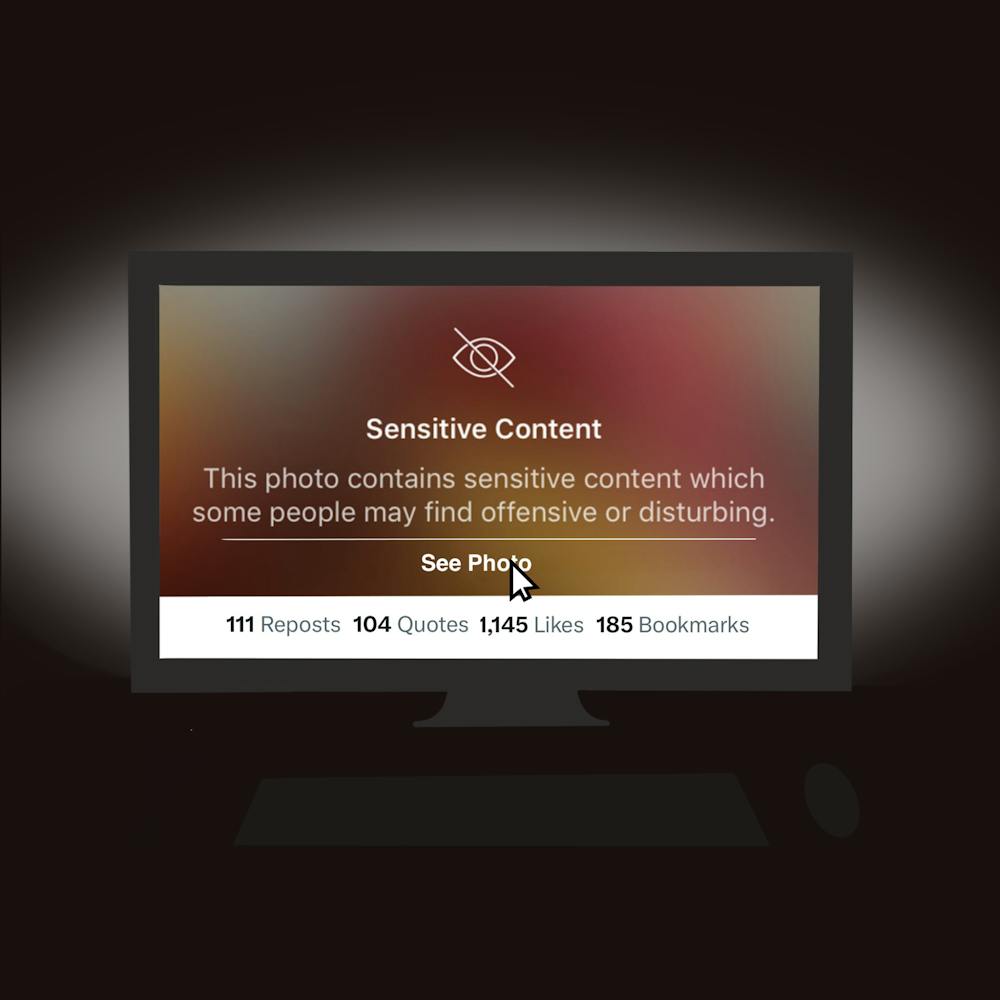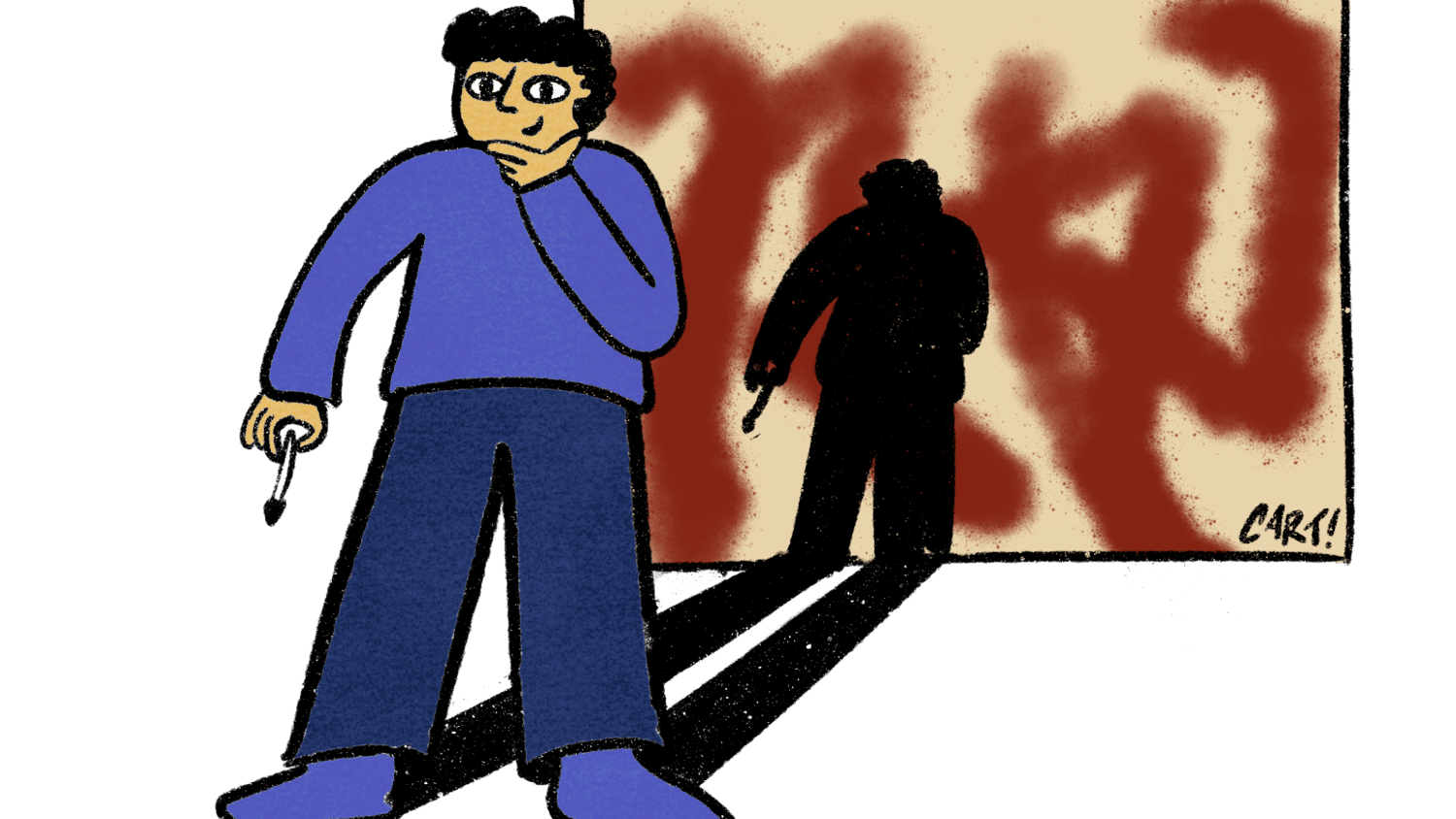On the morning of Sunday, Sept. 10, a graphic video showing a two-man altercation in Auburn, Alabama, hit social media and spread like wildfire.
The video was incredibly violent, and both participants ended up in the hospital. However, laughter permeates the background, and reactions seem more sensational than justice-concerned.
It feels appropriate to question motives and deconstruct this situation. Did social media popularity take precedence over constructive action? Was posting to social media the right thing to do? Why was everyone so interested in this event? Are people’s reactions right?
Obviously, precise answers to these questions are subjective. However, this situation does present blatant desensitization to violence, and it profoundly speaks to our human proclivity to be an entertained bystander.
A study published by the National Library of Medicine in 2014 causally links exposure to movie violence to a diminished sense of empathy. “Movie violence” is violence witnessed in a setting removed from reality — watching a portrayal rather than observing reality.
Movie violence shifts definition when it passes through the forum of social media. Something like a fight can seem more like “movie violence” because it is on a platform we use to entertain ourselves. Real world events seem less real when they are seen through a screen.
Technology is so pervasive in our lives, and it is often used as a way to connect to the real world, e.g., Facetiming a friend, keeping in touch through social media or familiarizing oneself with current events.
While effective for connecting and awareness, digital media can also be a source of desensitization simply due to its extensive and inescapable nature.
The culture of the digital age has desensitized us to the reality of violence because we have grown accustomed to sensational occurrences. We see these occurrences constantly because we have the world at our fingertips through technology.
Many studies show us desensitization is a form of self defense. Self-protection is one of the core tenants of being a human. If we allow ourselves to be blown and tossed by every sad story, every dramatic video or every cry for attention, our brain will become overstimulated and stop sending the signal all together.
This act of self-protection can actually become unhealthy for ourselves and for others. A diminished sense of empathy combined can play into an insatiable desire for entertainment. In other words, too much self-protection is ironically harmful.
Too much self-protection is apathy.
Violence is bizarre, uncanny and strangely compelling. We are still discovering the full affect that witnessing brutal events like the one last weekend, has on us. But, humans seem to be enthralled by novelties like car crashes and fights; everyone stops to watch or see what happened.
Observing violence with a diminished sense of empathy is the perfect storm for the bystander effect – a person’s agency to help falling to the wayside because they are too distracted or removed from the situation to do something productive.
Distance between the viewer and the victim of violence — especially the wide chasm of distance created by social media — is incredibly dangerous. Few people attempt to navigate that distance because it is exhausting and requires intentional exertions of empathy.
It is easier to be apathetic, but it is oftentimes better to reject the call of apathy and trade entertainment for empathy.
Movie violence and social media are effecting serious consequences on our brains, relationships and society. Balance must be self-defined, but an increased value for others is always beneficial.
It is only authentic value for others that can protect us from pursuing popularity over principle, being unhealthily engrossed in entertainment or becoming bystanders.
Do you like this story? The Plainsman doesn't accept money from tuition or student fees, and we don't charge a subscription fee. But you can donate to support The Plainsman.

Sami Grace Donnelly, senior in English literature, began writing for the Plainsman in the fall of 2021. She has served as a columnist, writer abroad, Opinion Editor, managing editor and is now Editor-in-Chief of the Plainsman.





